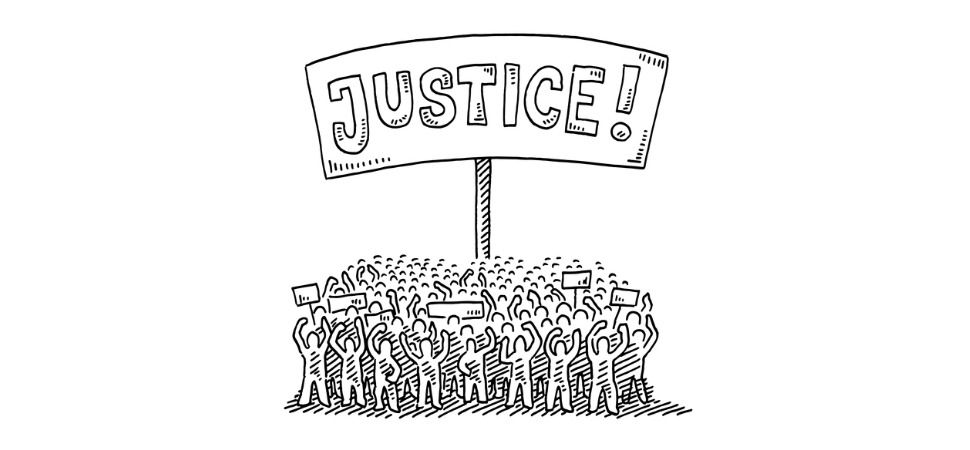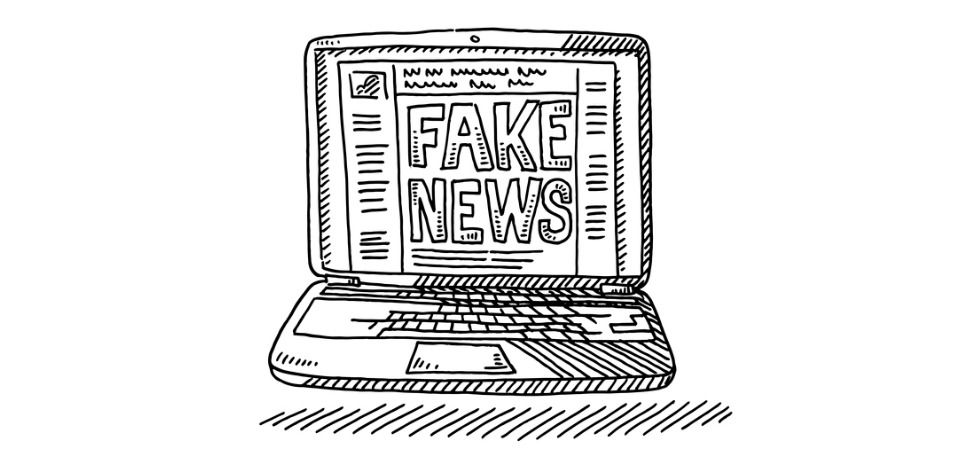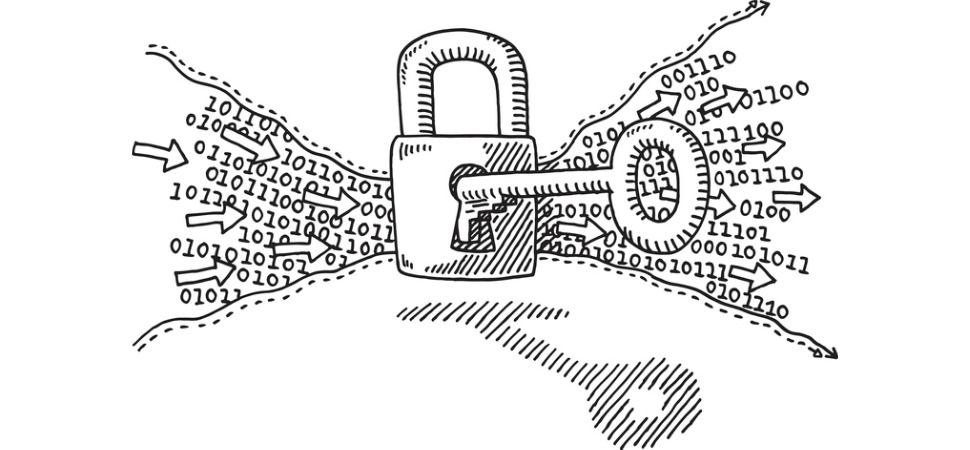Peace First launched 30 years ago at Harvard University with a single truism: In order to solve the world’s most pressing and difficult problems, young people must be empowered with the right skills, tools, resources, and knowledge. That idea morphed from an off-line educational effort to a multimillion dollar power house very quickly, but something
The Slow Lane Goes Live
How do you cap off an incredible issue? You take it live — The Commons Live! The event, which took place on Wednesday, January 27, 2021, brought together: Sascha Haselmayer, a New America Public Interest Technology fellow and founder and CEO of government procurement firm Citymart Eric Dawson, founder and CEO of Peace First, an
Human or machine? Social science or computer science? Yes, we need them all.
Today nearly half of the world’s population is online, and while we know we need to increase access to the Internet, access alone is not enough. Information must be high-quality and available on an equitable basis because it has a major impact on the choices we make. To that end, major platforms are investing heavily
Misinformation and Disinformation: What PIT Practitioners (and Everyone) Needs to Know
It seems like everywhere you look these days there’s someone screaming “fake news.” In many cases, they are right. Over the past few years, as the amount of dubious content flooding the internet has gone up, our trust of the media and what we read has plummeted. According to one 2017 Pew Research study, 62
Crowd Wisdom, Public Wisdom: Regarding Misinformation at Large
Could “crowds of regular people” be, in the words of one early research review, “as good at moderating fake news on Facebook as professional fact-checkers?” For a while now, technology practitioners and academics have been working on the question of whether the “wisdom of the crowd” can help fix the spread of misinformation online. If
The Role of Open Source Researchers in Election Security
Currently more than 72% of American adults are on social media, sharing more personal information and data than ever before. While the internet has had significant benefits for society, including democratizing access to information, it has also been exploited by nefarious groups and actors including terrorist organizations, foreign state-backed operatives, cyber criminals, and online trolls.
Election Technology for the Common Good
America’s election administration infrastructure is in a dire state. Far too many voters face challenges in casting a ballot. Genuine threats of disruption and subversion by foreign actors persist and are growing, and hyper-politicization has poisoned anything having to do with the voting process, policy, or regulation. Add in a reliance on systemically-vulnerable technology requiring
And the Winner Is…
In this highly polarized and nail-biting election, every vote counts. But it can (and will) take a while. Election Night results on TV and online are never — and have never — been final, official results. The official results, which come from election offices, are only announced after counts are canvassed, audited and certified. In
“The World Is Watching”
The 2020 election season was exhausting, and it isn’t over yet. This month, a bipartisan group of former elected officials — members of the U.S. House and U.S. Senate, former cabinet secretaries, retired military officials, and civic leaders — launched a new group dedicated to effecting change in the U.S. voting systems. Called the National
The Challenges of Communicating Behind Bars
While listening to recordings of a Somerset County inmate’s calls, a prosecutor with Maine’s Office of the Attorney General recognized the voice of a defense attorney he knew. He stopped listening and reported it, but it raised questions about how often inmate calls with their attorneys are reported? In Maine, it turns out that happens









